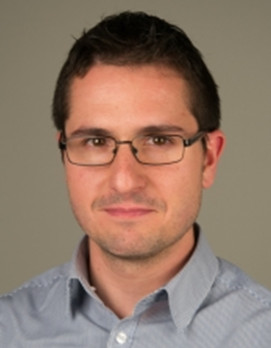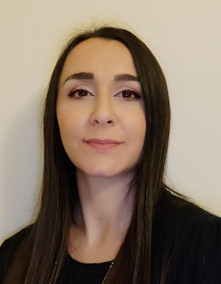Description
In recent years, the interest of the research community in integrating digital technologies into the healthcare domain is growing. In addition, the Internet of Things (IoT) technologies are becoming day by day more prevalent in this domain thanks to the possibility they offer to monitor patients’ health status in real-time and remotely. In addition, the global initiatives towards the sustainable economy and the needs emerged during the Covid-19 pandemic have additionally played a crucial role in accelerating this process by promoting, for instance, the home-based healthcare that has helped governments to retain beds for more seriously ill patients in hospitals. To this aim, new opportunities have arisen and different researchers are experimenting innovative solutions, such as monitoring healthy people to prevent future illness or reducing hospitalizations in cases of less risky diseases.
During this workshop, we will shed some light on cutting-edge and interdisciplinary research, as well as commercial solutions in the field of healthcare and Internet of Medical Things (IoMT). We will discuss emerging technologies and issues in this field promoting the design of sustainable solutions for the sector, such as innovative and secure architectures, systems for chronic diseases, home-based assistance, AI-based architectures, edge computing solutions, edge intelligence techniques, and Distributed Ledger Technologies applications with the aim of highlighting the new trends and the opportunities that the domain has brought in last years.
Topics of interest include, but are not limited to:
- Innovative, secure and sustainable healthcare architectures
- Innovative and sustainable healthcare systems for chronic diseases
- Home-based healthcare assistance
- Pervasive, distributed and/or local AI techniques for efficient healthcare systems
- Distributed AI-based architectures for the exploitation of AI power at the edge
- Energy efficient design and development of healthcare systems and devices
- Edge and fog computing for Healthcare-enabled systems and applications
- Distributed Ledger Technologies (DLT) applied for enhancing the Healthcare domain
- Security and privacy in the Healthcare domain
- Mental healthcare enhanced by the IoT domain
Important Dates:
- Paper submission:
13 June 2022August 1st, 2022 - Acceptance Notification:
8 July 2022August 16th, 2022 - Camera-Ready Paper Submission Deadline:
31 July 2022August 31st, 2022
Paper should be six (6) pages in length. The conference allows up to two additional pages for a maximum length of eight (8) pages with payment of extra page charges once the paper has been accepted.
Once the paper you submitted has been reviewed and accepted you will be notified about uploading a final version of the paper for publication in the Proceedings and IEEE Xplore.
Chairs
Teodoro Montanaro, Università del Salento

Teodoro Montanaro (Member, IEEE, since 2015) received the M.S. degree in Computer Engineering in 2014 and the Ph.D. degree in Computer and Control Engineering in 2018 from the Politecnico di Torino, Turin, Italy. From 2017 to 2020 he collaborated with the Istituto Superiore Mario Boella (ISMB) and LINKS Foundation by cooperating to different researches funded by the European Commission like IoF2020, S4G, MONICA, MAESTRI that brought innovations in different fields (e.g., food and farm, grid, city, health). Since 2020, he collaborates with the IDentification Automation Laboratory (IDA Lab), Department of Innovation Engineering, Università del Salento. His current research interests include IoT applications specifically focused on the exploitation of fog computing, DLT, blockchain, and AI in different domains like smart grids, smart homes, smart cities, industrial processes, food traceability, and smart health. He has authored different papers on international journals and conferences.
Ilaria Sergi, Università del Salento

Ilaria Sergi received the master’s degree in Automation Engineering from the University of Salento, Lecce, Italy, in 2012. Her thesis focused on the tracking of small laboratory animals, based on passive UHF RFID technology. Since 2012, she has been collaborating with the Identification Automation Laboratory (IDA Lab) of the Department of Engineering for Innovation, University of Salento. In 2019 she received the PhD in Engineering of Complex Systems from the University of Salento, Italy. Her research interests include RFID, Bluetooth, Internet of Things, smart environments, and homecare solutions. She has authored several papers on international journals and conferences
If you have any questions, please contact Dr. Teodoro: teodoro.montanaro@unisalento.it


